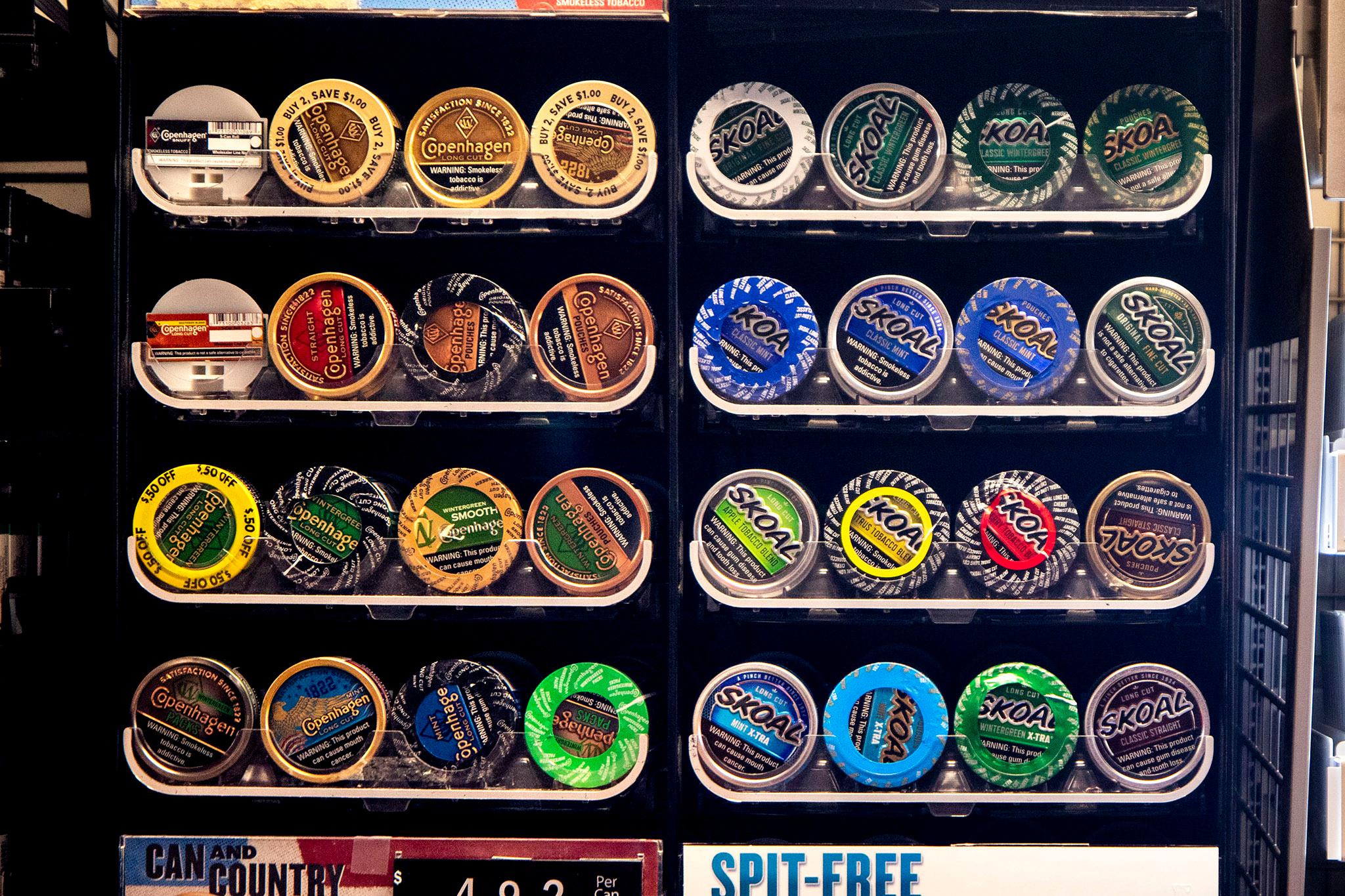Denver's mayoral candidates are signaling they're open to revisit a ban on flavored tobacco products, including menthol.
In 2021, the city council passed a ban, but Mayor Michael Hancock vetoed it, and an attempted override failed by a vote. It was one of two vetoes in the mayor's three terms in office.
Kelly Brough spoke Thursday on The Live Facebook Show, hosted by Jeff Fard, also known as Brother Jeff, at the cultural center in Five Points that bears his name.
"This is the upside of not running for another office. I would not veto it. I would let it go through," she said to cheers from a small crowd. "We have to address the health of our youth. Start drafting the legislation."
The comments came after Fard asked Brough about health disparities, gaps between demographic groups, things like suicide, stress, depression.
Fard said tobacco, and menthol specifically, have been marketed to various groups, like Black, Latino and LGBTQ communities.
Fard noted menthol tobacco is part of Black culture, but said "if you do anything to interrupt their access to menthol tobacco and flavored tobacco, you're being racist. What would you say to that?"
"The dilemma is it was actually race-based to get you addicted to in the first place," Brough replied. "So to address the past harm, maybe we do have to consider race again."
Mike Johnston said his priorities are homelessness, housing and public safety, but "if the council wants to bring it back and do it again, I'd happily be in conversation with them and think I could get to a position where I could support it."
Johnston said that would depend on other details, like "if there's some protections for small businesses and people that we know rely on them."
He said he's talked to communities with different perspectives on the matter.
"There are strong arguments on both sides, both for community businesses and for kind of adult choice around that. I think there is escalated risk here of incentivizing young people to use flavored products," Johnston said.
He said he knew Hancock had concerns about the impact of a ban on small businesses, often run by people of color, and in smaller neighborhoods. "But it does seem to me like there is a shared interest among communities that don't want to see young people get hooked on these products and also want small businesses to have access to reasonable revenue," Johnston said. "And I feel like there's got to be a common ground there that we could find."
Johnston made the comments last week, following a mayoral debate held at Denver Health.
"I would hope that the mayoral candidates would have a strong conversation with the businesses they are impacting," said Grier Bailey, the executive director of the Colorado Wyoming Petroleum Marketers Association, which represents most of the state's roughly 2,000 convenience stores. "Sending sales across Colorado Boulevard or into another jurisdiction simply hurts Denver-based businesses who already question what value there is in a city with so many empty buildings and storefronts."
He wondered if candidates would support banning marijuana sales because use among kids is spiking.
"Seems like a candidate who wants to ban products and legal choices for responsible sales to adults would also then forgo the revenue and program support it provides from the state level?" said Bailey, who said he appreciated Johnston had an interest in "the perspective of responsible business owners."
During the earlier debate, owners of businesses that sell tobacco spoke out against the prohibition, saying their shops don't target kids but are intended for adults who want to quit smoking.
One said she thought the ban could force about 20 shops that sell flavored products to close.
Others welcomed the news.
Back in 2021, "more than 100 organizations came together in coalition to prioritize public health, and cut a lane across nicotine addiction for our young people, before they became adult nicotine addicts," said Leanne Wheeler of Wheeler Advisory Group, a legislative education and advocacy consultancy. She applauded Brough for "her grasp of public health and the courage it takes to stand in opposition to an industry that currently has a firm hold on the current mayor."
"Now that we have new leadership, a new mayor, coming in I think that it's a good opportunity once we have the election to start that conversation again," said Amanda Sandoval, who represents District 1.
She voted for the earlier measure and said she was disappointed the mayor vetoed it, in part because many kids vaped at her kids' DPS school, North High. "The flavors, the smoking things, like the vape pens, run rampant in high school," she said.
Ballots go out next week and will start being counted Tuesday, June 6.
As a reminder, Denverite's runoff voter guide is now live. You can find it and use it to fill out your ballot right here.












